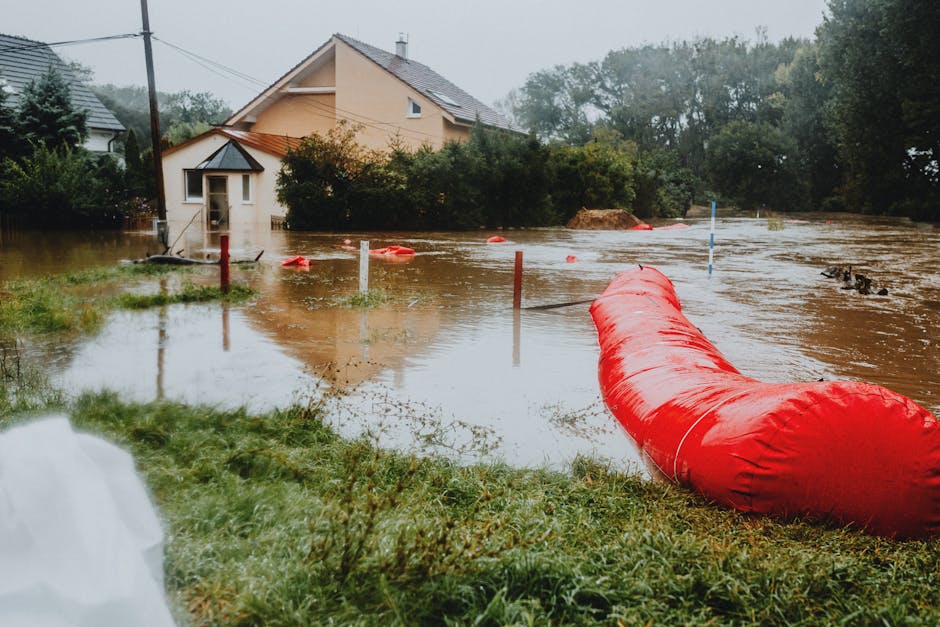Nashville Severe Weather: A Comprehensive Guide to Preparedness and Safety
Nashville, Tennessee, sits in a region prone to a variety of severe weather events. Understanding these threats and implementing appropriate preparedness strategies is crucial for residents and visitors alike. This comprehensive guide delves into the specific types of severe weather impacting Nashville, provides actionable safety tips, and outlines resources for staying informed and protected.
Understanding Nashville’s Severe Weather Risks
Nashville’s location in the Southeastern United States puts it squarely within the path of several significant weather systems. The city experiences a diverse range of severe weather phenomena, including:
- Tornadoes: Nashville is unfortunately no stranger to tornadoes. Its position in Tornado Alley, combined with the frequent clashes of warm, moist air from the Gulf of Mexico and cooler, drier air from the west, creates ideal conditions for tornado formation. These tornadoes can range in intensity from weak to violent, causing significant damage and posing a serious threat to life.
- Severe Thunderstorms: These storms often accompany tornadoes and bring damaging winds, heavy rainfall, hail, and frequent lightning strikes. The high humidity levels in the region contribute to the intensity of these thunderstorms, making them particularly dangerous.
- Flooding: Heavy rainfall from severe thunderstorms and hurricanes can lead to rapid and widespread flooding in Nashville. The Cumberland River, running through the city, adds another layer of risk, as it can overflow its banks during periods of intense precipitation.
- Hail: Large hail, capable of damaging property and injuring people, is a frequent occurrence during severe thunderstorms in the Nashville area. The size and intensity of hail can vary greatly, depending on the storm’s characteristics.
- Winter Storms: While less frequent than other severe weather events, Nashville experiences occasional winter storms featuring freezing rain, sleet, and snow. These can lead to power outages, hazardous driving conditions, and disruptions to daily life.
- Heat Waves: During the summer months, Nashville experiences intense heat and humidity, which can pose a significant risk to vulnerable populations, such as the elderly and those with pre-existing health conditions.
Preparing for Severe Weather in Nashville
Proactive preparation is key to minimizing the impact of severe weather. Here are essential steps to take:
Develop a Family Emergency Plan:
- Establish a meeting place: Designate a location outside your home where family members can gather in case of evacuation.
- Identify an out-of-state contact: This person can serve as a central point of communication if local phone lines are down.
- Prepare an emergency kit: Include water, non-perishable food, a first-aid kit, flashlights, batteries, a battery-powered radio, medications, and important documents.
- Plan evacuation routes: Familiarize yourself with various escape routes from your home and neighborhood.
Secure Your Home:
- Trim trees and shrubs: Remove any branches that could fall on your house during a storm.
- Reinforce your roof and windows: Consider investing in stronger materials or storm shutters to protect your home from high winds and hail.
- Clean gutters and downspouts: Prevent water buildup and potential flooding.
- Protect valuable possessions: Move important documents and irreplaceable items to a safe place.
Stay Informed:
Reliable sources of weather information are essential. Pay close attention to:
- The National Weather Service (NWS): The NWS provides accurate and timely weather forecasts and warnings.
- Local news channels: Stay tuned to your local news stations for up-to-the-minute reports and updates.
- Weather apps: Download a reputable weather app to receive alerts and forecasts on your mobile device.
- NOAA Weather Radio: Consider purchasing a NOAA Weather Radio to receive emergency alerts directly.
Responding to Severe Weather in Nashville
Knowing how to react during a severe weather event is crucial for your safety. Here’s what to do:
During a Tornado Warning:
- Seek immediate shelter: Go to a basement or an interior room on the lowest floor of your home. Stay away from windows.
- Protect yourself: Cover yourself with a blanket or mattress for added protection.
- If in a vehicle, find sturdy shelter: Avoid seeking shelter under overpasses or bridges. If no shelter is available, lie flat in a ditch or low-lying area, away from any potential debris.
During a Severe Thunderstorm:
- Stay indoors: Avoid being outside during a thunderstorm. If caught outdoors, seek shelter immediately.
- Unplug electronics: Protect your devices from lightning strikes.
- Avoid contact with water: Water is a great conductor of electricity.
During Flooding:
- Never drive through flooded areas: Turn around, don’t drown.
- Evacuate if instructed: Follow the instructions of emergency officials.
- Be aware of rising water levels: Monitor water levels and be prepared to evacuate if necessary.
Post-Severe Weather Actions
After a severe weather event, it’s important to take steps to ensure safety and begin recovery efforts. This includes:
- Check for injuries: Provide first aid if needed and call for emergency assistance.
- Assess damage: Inspect your home and property for damage. Take photos to document any damage for insurance purposes.
- Report damage: Contact your local authorities to report any damage or injuries.
- Stay informed: Continue to monitor weather reports and follow instructions from emergency officials.
- Be aware of potential hazards: Be cautious of downed power lines, debris, and other potential hazards.
Resources for Nashville Residents
Several resources are available to help Nashville residents prepare for and respond to severe weather. These include:
- National Weather Service Nashville: Provides forecasts, warnings, and other weather information.
- Nashville Office of Emergency Management: Offers preparedness information and emergency response resources.
- American Red Cross: Provides disaster relief assistance.
- FEMA: Offers assistance with recovery efforts after a major disaster.
By understanding the risks, preparing adequately, and taking appropriate actions during and after severe weather events, Nashville residents can significantly improve their safety and resilience.

